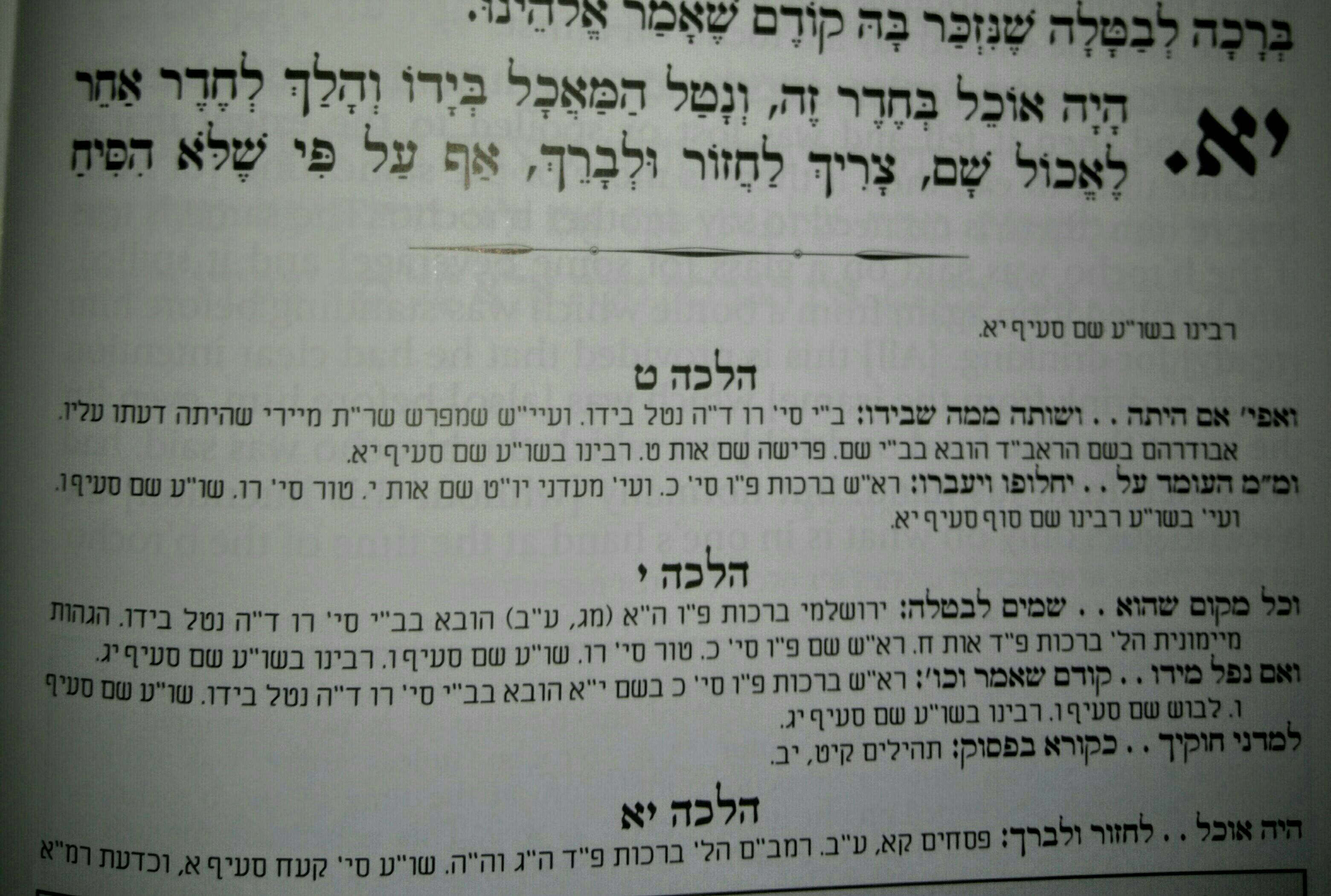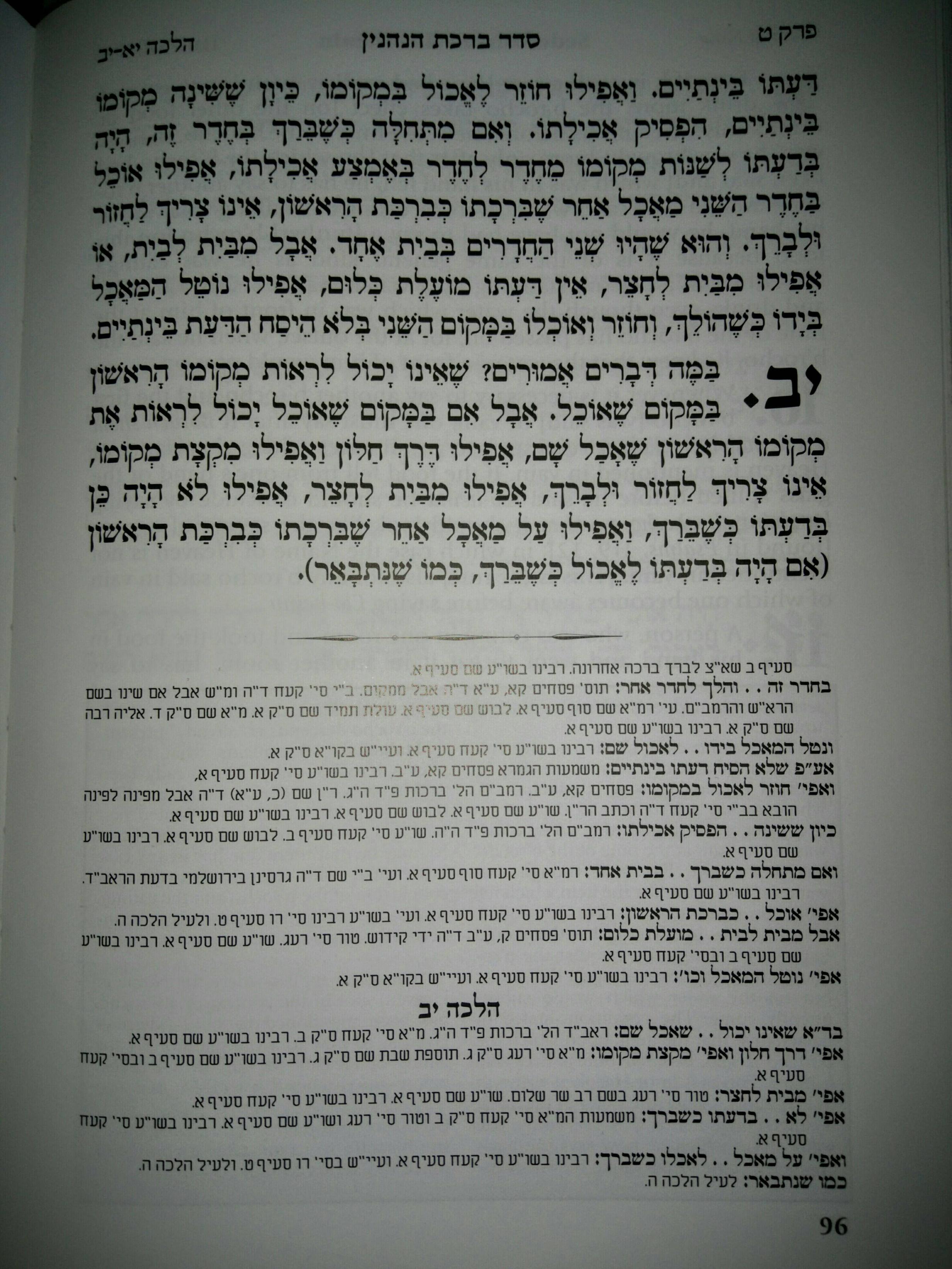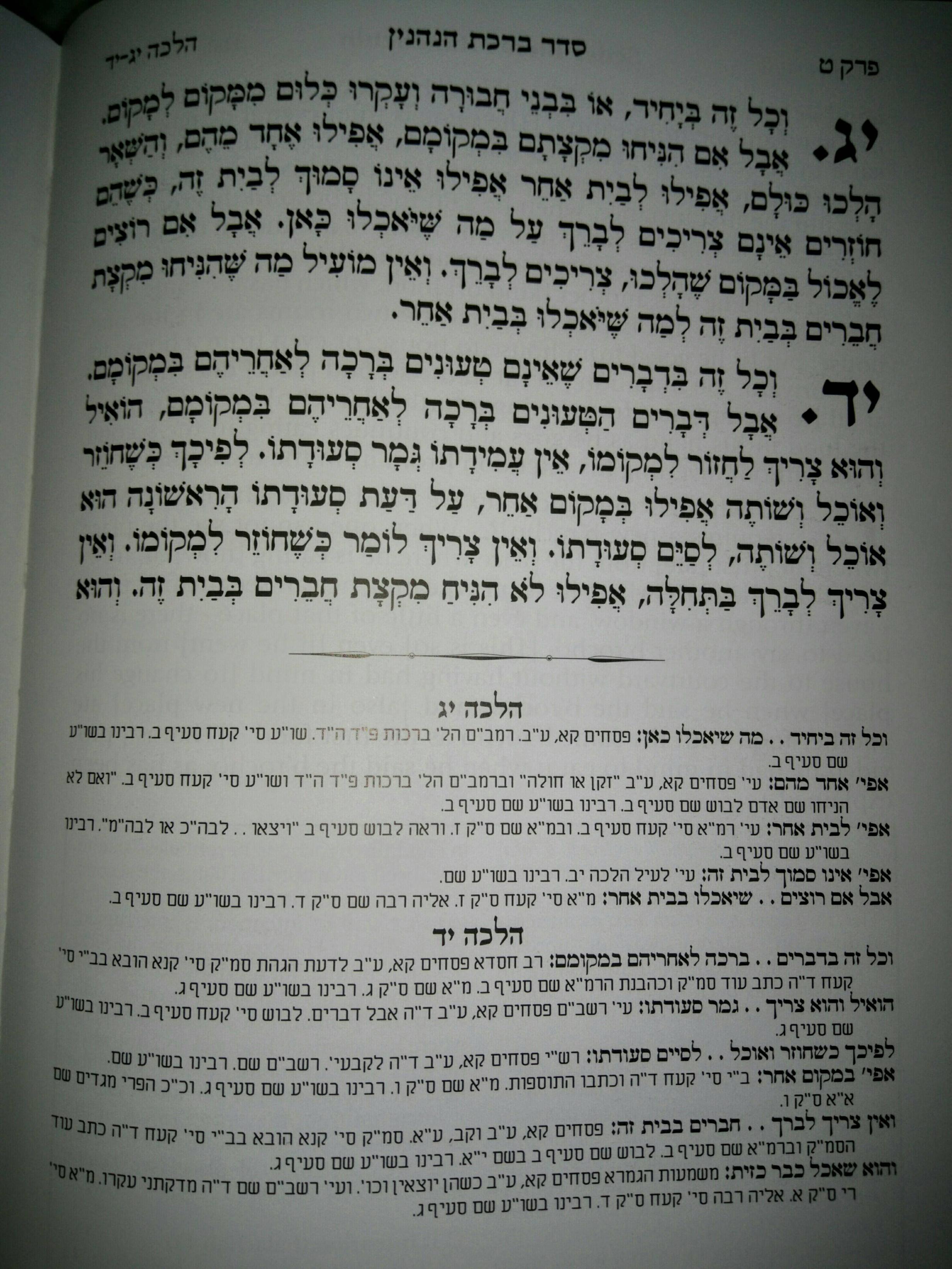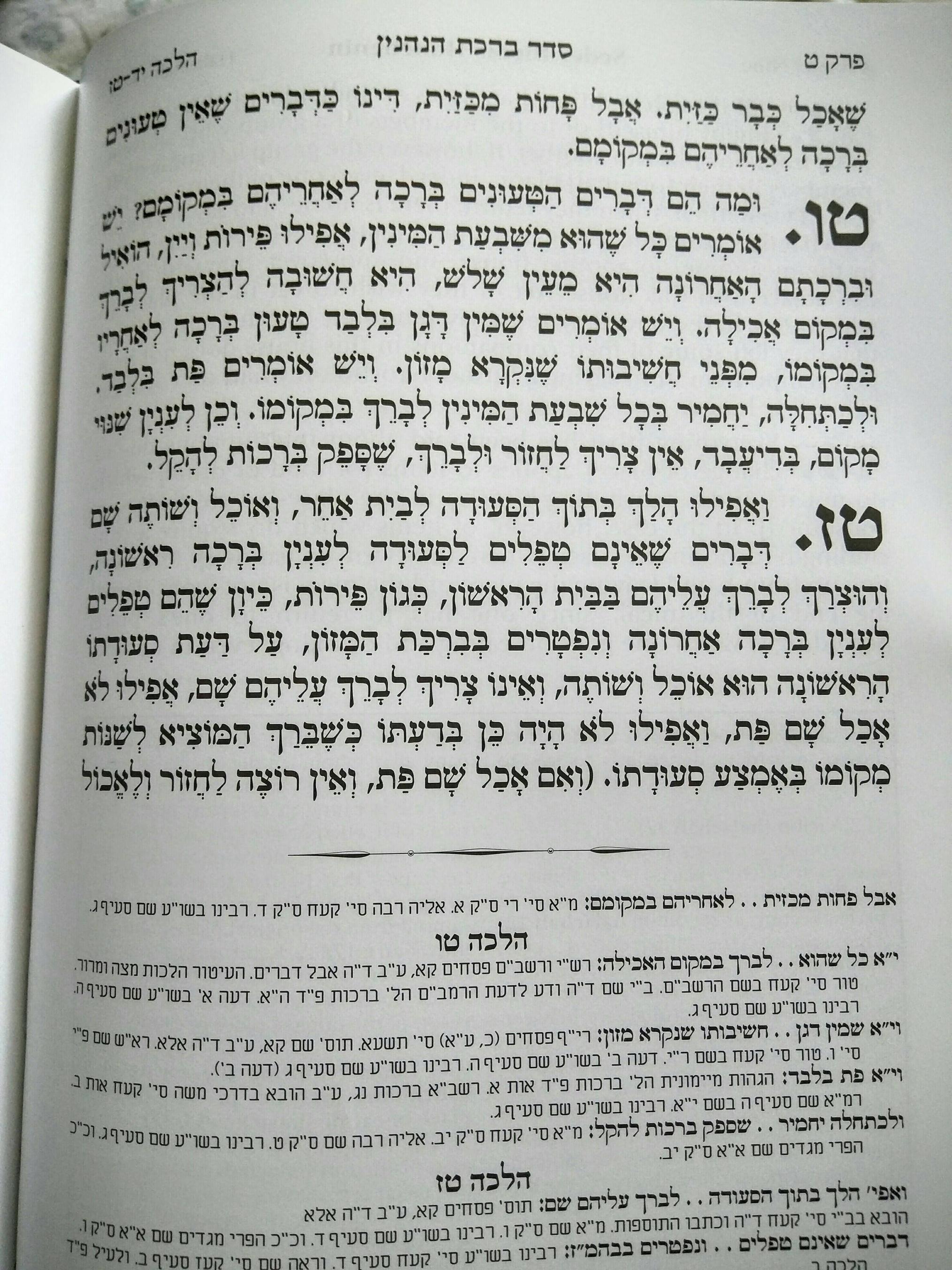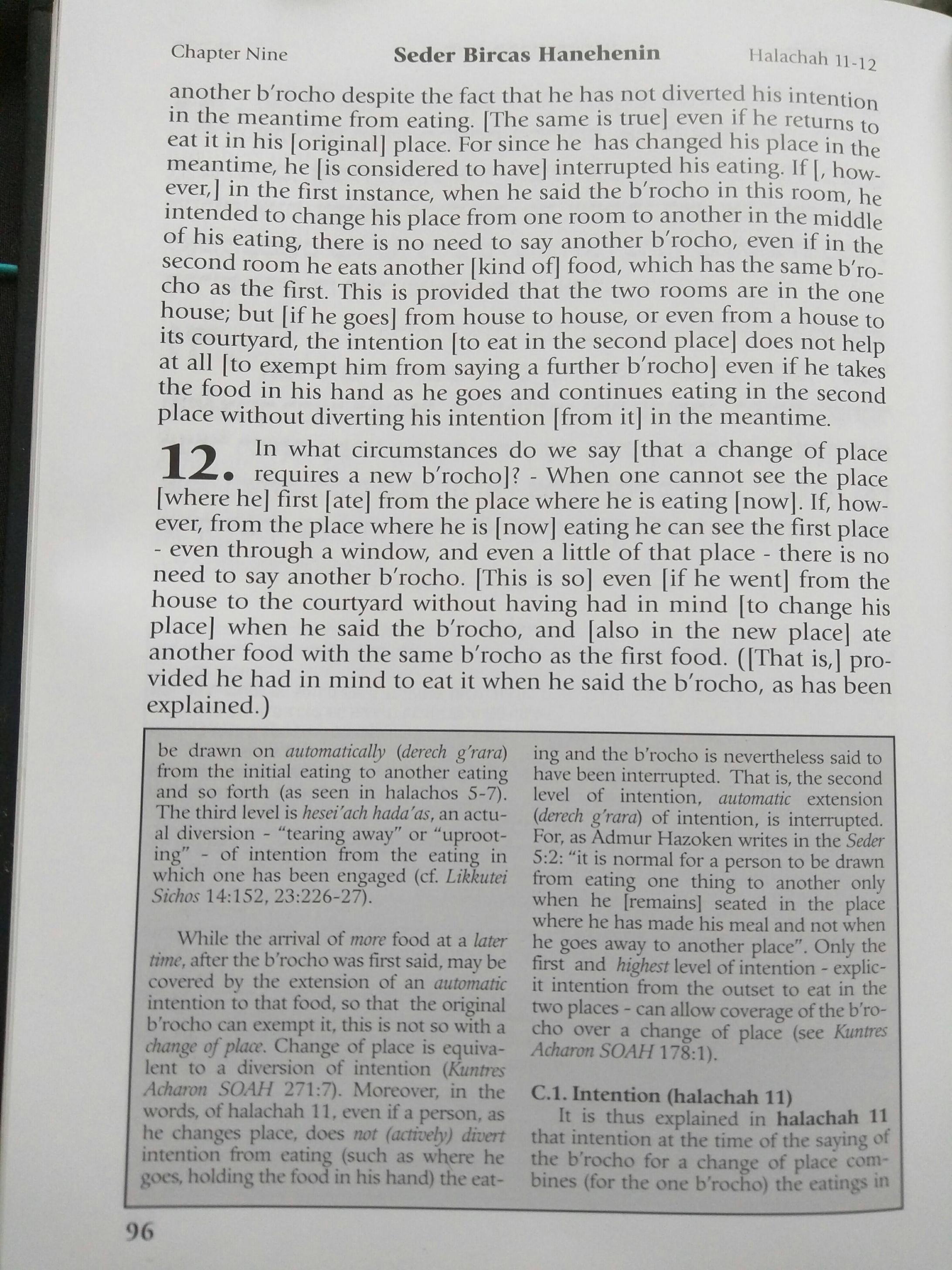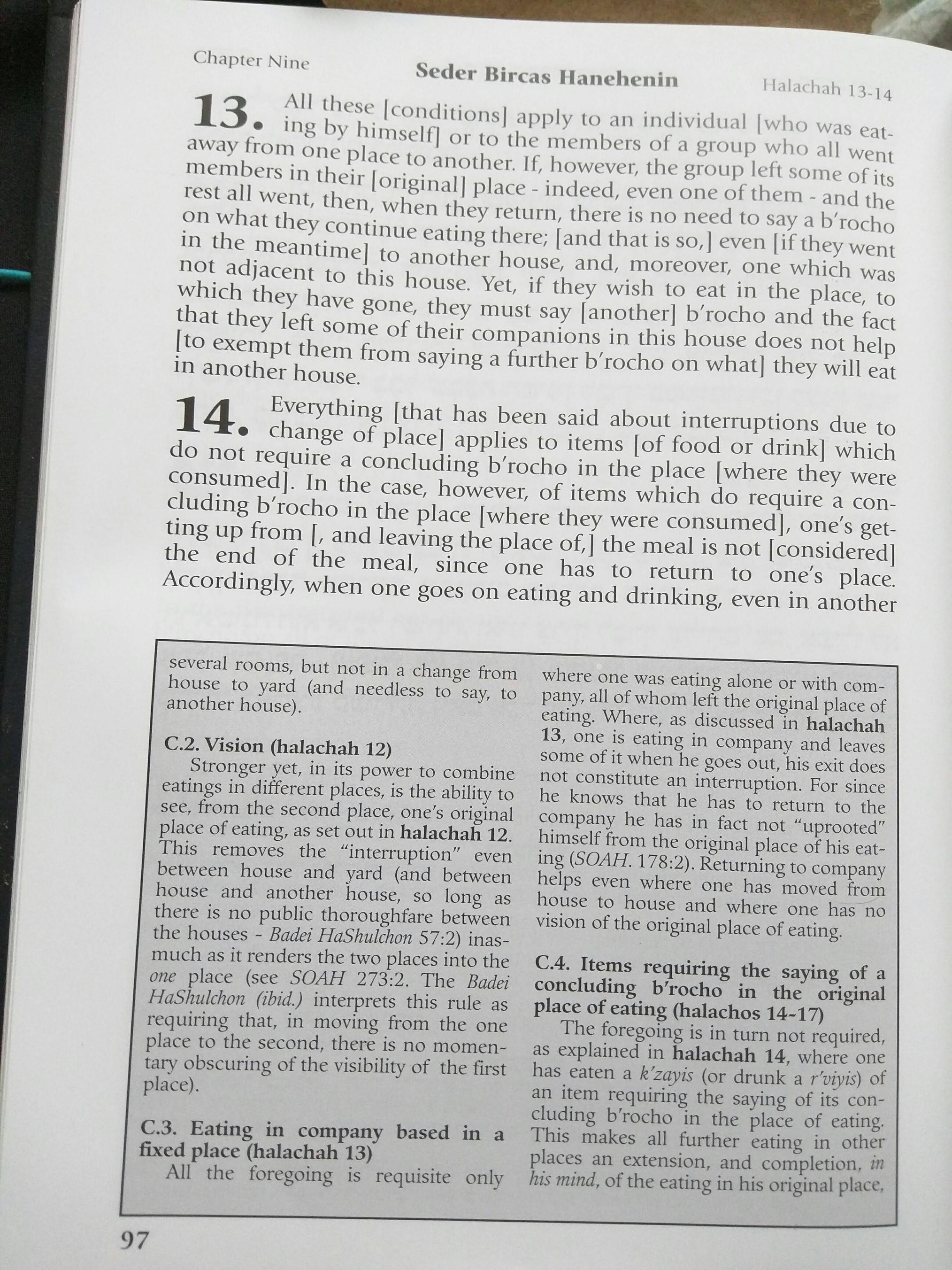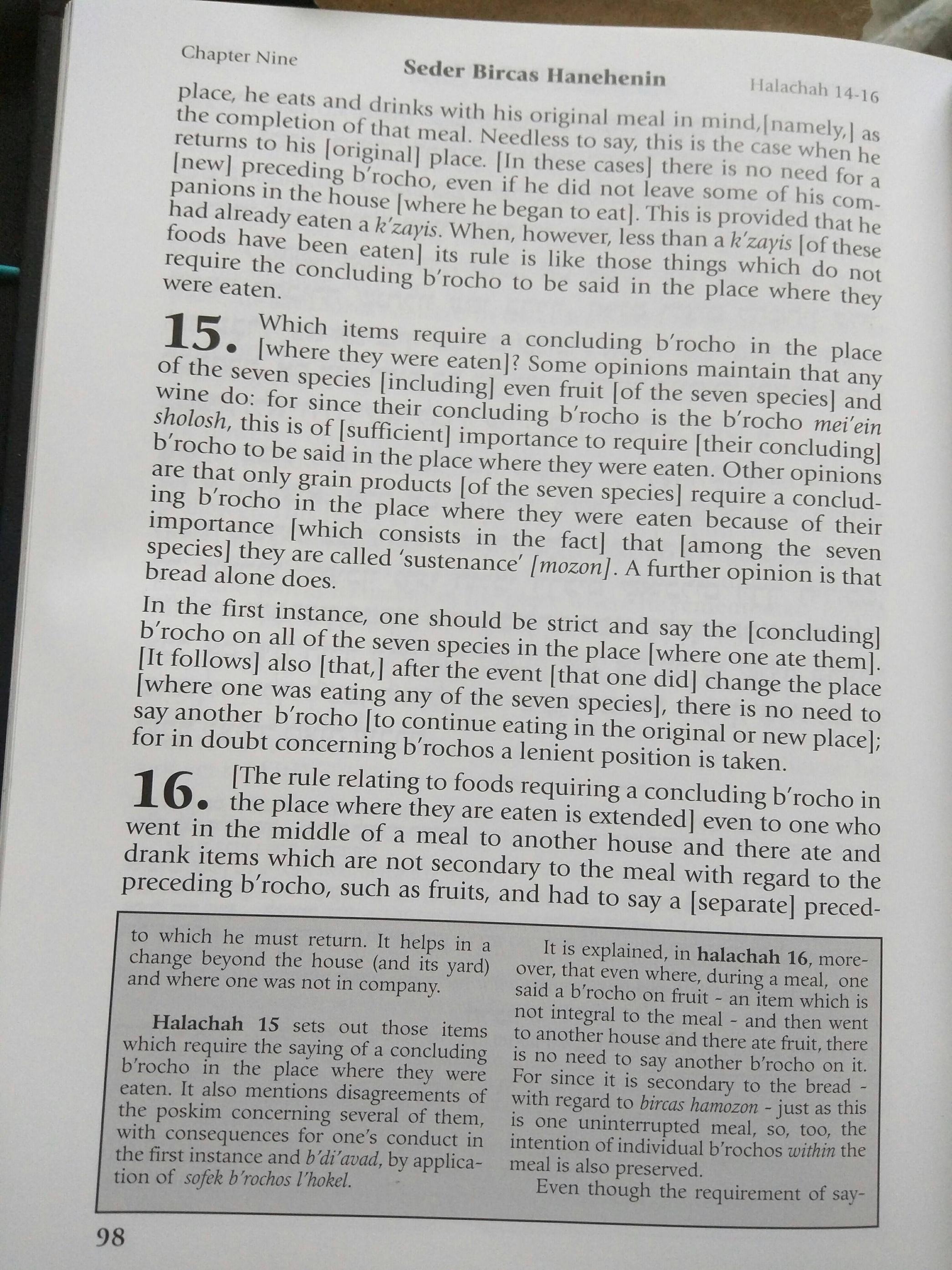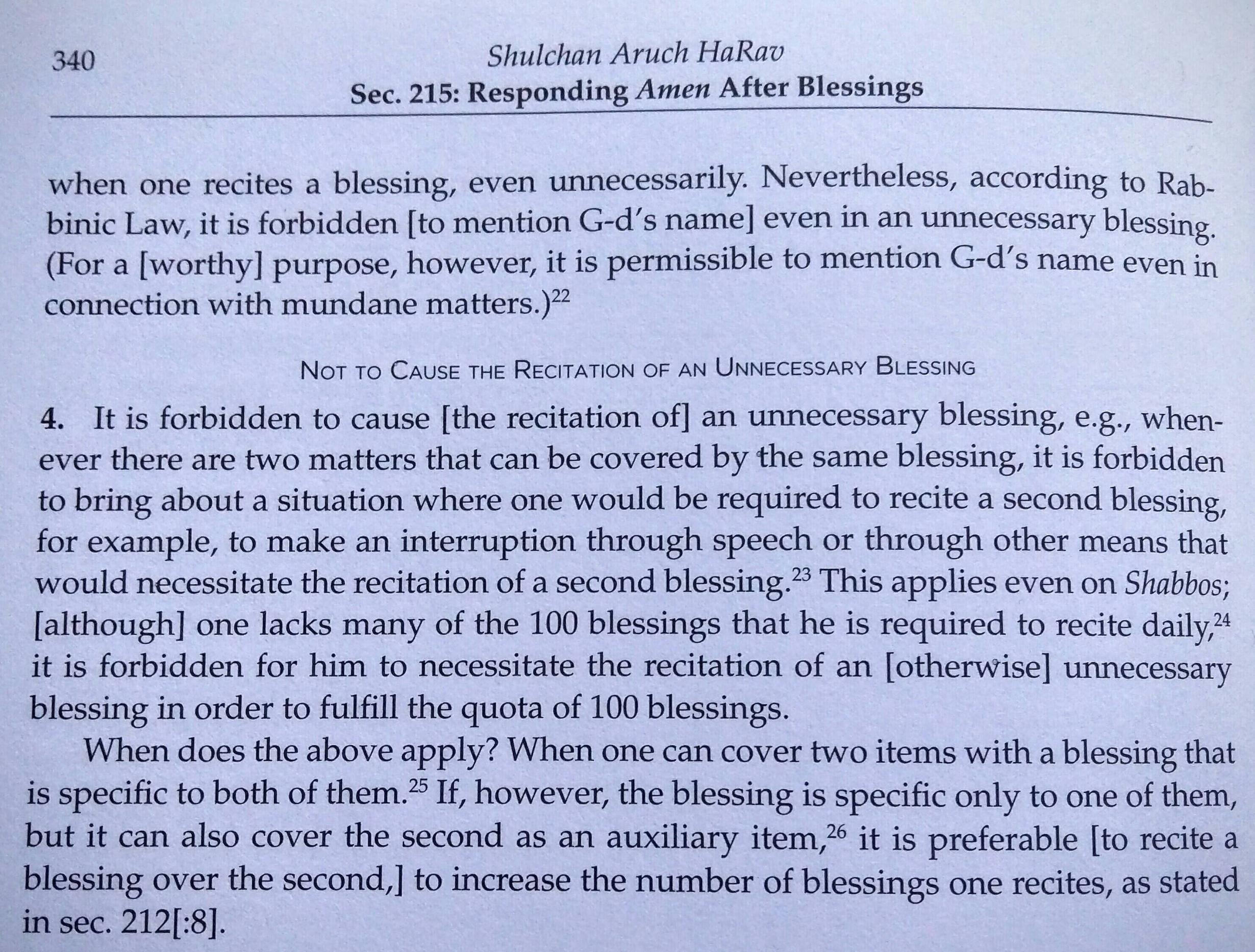The question here Continuing to drink a Beverage after Birchas HaMazon? is a good question. Unfortunately it's been deflected with a bracha she'eino tzricha svara.
Here's a different case. Someone is eating an egg and a coffee for breakfast. The blessing of shehakol (on the egg and coffee) was made with the intention of drinking some of the coffee where he is then, and taking the rest to go, whereas his intention concerning the egg was to finish it in the original location.
When the egg is finished, he should have to make his bracha achrona on it where it was eaten, but then he runs into the issue of the leftover coffee.
Does his borei nefashos automatically end his drinking session?
Can he have explicit intention to have it not apply to the coffee?
Should he rather not make a borei nefashos at all until he finishes his coffee?
(Since people are answering without being aware of something called Holchei Derachim, I would suggest seeing siman 178 siff 4. As the achronim point out it is completely allowed to change places when one's intention was to not be kovea makom in the first location. One continues eating on the new place, with the bracha made in the first place)

